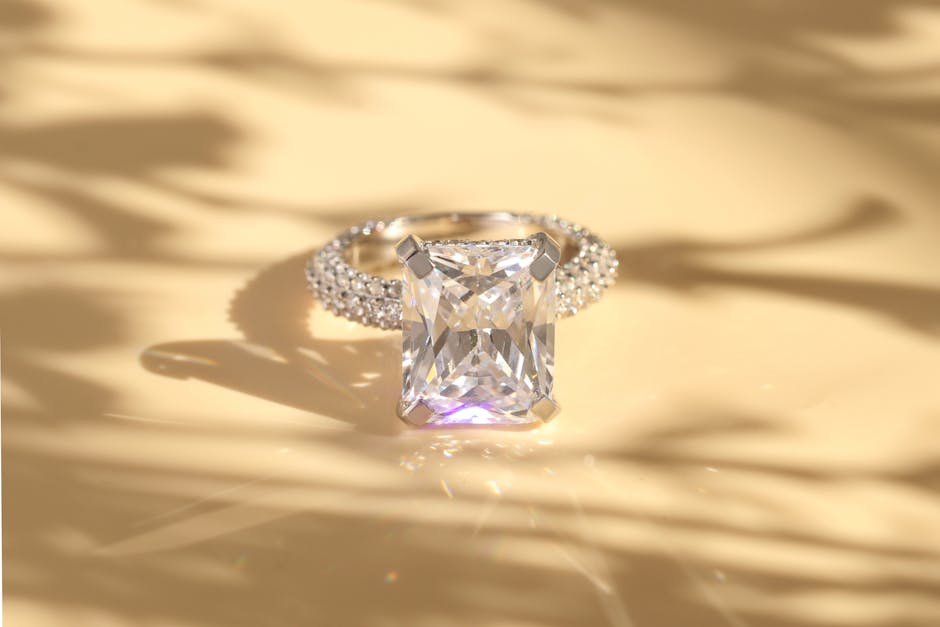Let’s be honest, if you’ve been anywhere near a party, a club, or just scrolling through Instagram Reels lately, you’ve heard it. That infectious, percussive beat, Adekunle Gold’s smooth-as-silk vocals, and the irresistible urge to move your shoulders. His track, aptly named ‘Fuji’, from the album ‘Tequila Ever After’, is a certified global banger. But amidst the worldwide acclaim, a fascinating debate has sprung up in its Nigerian homeland, now rippling across the diaspora: Is this song actually Fújì?
What is Traditional Fújì Music?
For the uninitiated, Fújì is not just a genre; it’s a cultural institution in Yoruba-land, Nigeria. Picture this: dense, complex percussion led by the talking drum (gangan), sprawling, often-improvised poetic vocals, and marathon live performances that can last for hours. It’s the music of legends like Alhaji Sikiru Ayinde Barrister and King Wasiu Ayinde Marshall (KWAM 1). It is raw, layered, and deeply rooted in tradition. It’s an experience, not just a song.
AG Baby’s ‘Fuji’ vs. The Classics: What’s the Difference?
When you place Adekunle Gold’s polished, three-minute Afrobeats hit next to a classic Fújì track, the purists have a point. The differences are clear:
- Structure: AG Baby’s ‘Fuji’ is structured like a modern pop song. It has a catchy hook, a standard verse-chorus format, and a slick production value designed for radio play and streaming charts.
- Core Elements: It lacks the sprawling, improvisational core of its namesake. Traditional Fújì is often a long, continuous performance, while this is a perfectly contained single.
Adekunle Gold‘s track is Fújì-adjacent, Fújì-inspired, a loving homage—but it’s a snapshot, not the full epic poem.
Does Authenticity Matter? The Power of Cultural Evolution
This brings us to the second, more important question: Does it really matter if it’s “pure” Fújì?
Absolutely not. In fact, what Adekunle Gold (or AG Baby, as he’s affectionately known) has done is nothing short of brilliant. Art is not a museum piece, meant to be preserved in glass. It is a living, breathing entity that must evolve to survive. This debate is a familiar one across cultures—it’s the same conversation that arises when a modern Bollywood composer samples a classical ghazal, or when an artist like A.R. Rahman fuses Carnatic ragas with Western synths. The older generation might see a dilution of the art form, but the younger generation hears an exciting innovation.
A Gateway to a Genre and a Global Stage
By infusing the essence of Fújì into the globally dominant Afrobeats sound, AG Baby is acting as a crucial cultural ambassador. He’s introducing the flavour of Fújì to a Gen Z audience that might never have sought out a classic Barrister album. For millions of listeners in Mumbai, London, or New York, ‘Fuji’ is their first taste of the genre. It’s a gateway, a musical appetiser that could lead them down a rabbit hole to discover the rich history and the masters who paved the way. He hasn’t replaced the original; he has built a new doorway to it.
Furthermore, this fusion is a testament to the genius of modern African artists. They are not simply copying Western trends. They are digging deep into their own archives, pulling from their rich cultural heritage, and repackaging it with a global sheen. It’s a celebration of identity on the world stage.
The Verdict: A Love Letter to a Legacy
So, is Adekunle Gold’s ‘Fuji’ a textbook Fújì song? Technically, no. But its impact is arguably more significant. It’s a love letter to his roots, a masterclass in artistic evolution, and a bridge connecting generations and continents. While the purists debate the authenticity of the label, the rest of the world is dancing. And in the end, isn’t that the most powerful thing music can do?




